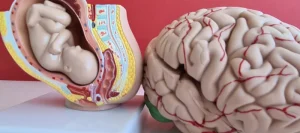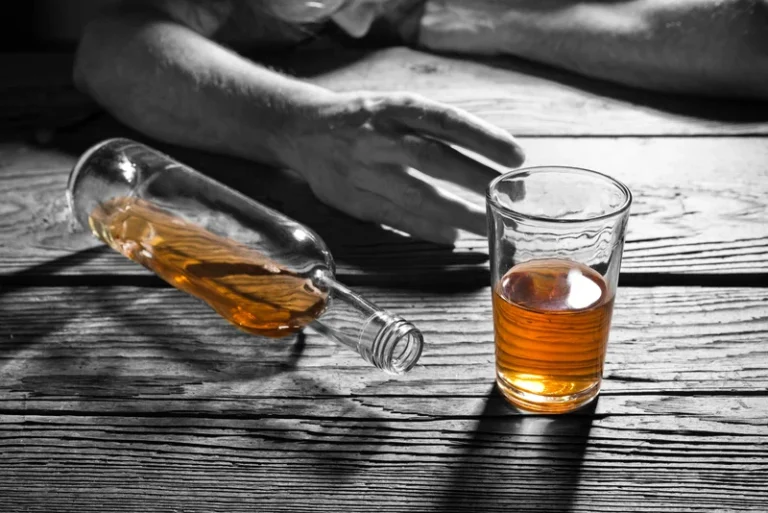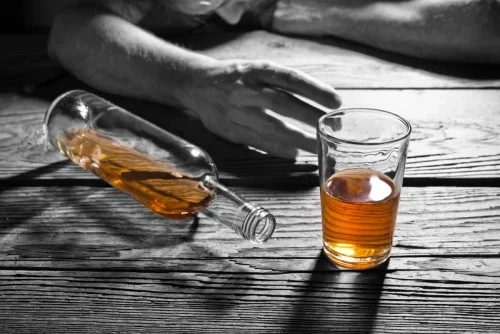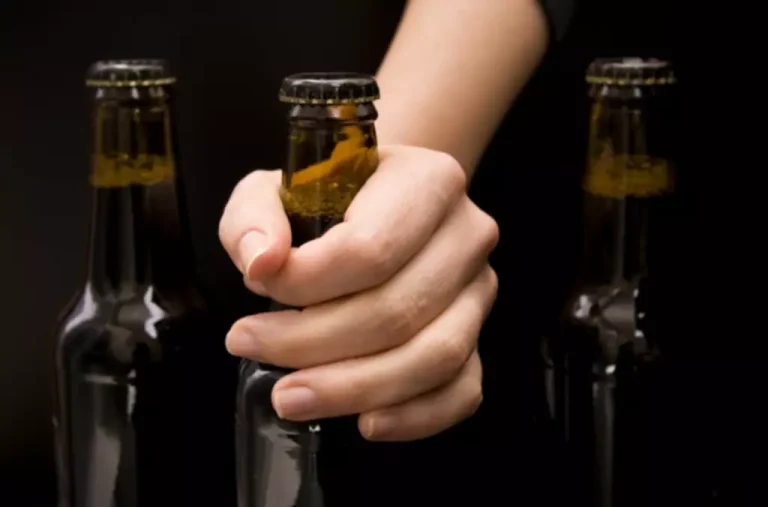
An alcoholic, when intoxicated, will often feel a sense of grandiosity and entitlement, as if they are better than everybody else. One study published in a journal called Cognitive, Affective, & Behavioral Neuroscience sought to explore factors that make some people more aggressive when they drink. The onsite doctor will also be able to determine if there are any additional physical reasons for extreme anger. Anti-depressants, hormone balancing and mood stabilisers can make a significant difference to people struggling with anger. If the violence persists and endangers your safety, it might be essential to think about ending the relationship. Prioritise your well-being, and don’t hesitate to ask for assistance when necessary.
Understanding Alcoholic Rage Syndrome

Understanding why are alcoholics so mean to the ones they love is the first step in addressing the broader issue of alcoholism. The Ohana Addiction Treatment Center focuses on healing the individual and helping our clients mend =https://ecosoberhouse.com/ their relationships. If you or someone you care about feels trapped in the cycle of alcohol and anger, please don’t hesitate to contact us now. Educate yourself about the disease, develop healthy coping strategies through your own therapy, and start to rebuild trust and communication within the family.
Alcoholism Thiamine Deficiency: How to Recognize and Address This Hidden Health Risk
Online programs like Ria Health can give you or your loved one access to coaching support, anti-craving medication, and helpful digital tools. Whether you want to reduce drinking or quit altogether Ria will partner with you to design a program to meet your personal goals. The connection between alcohol and rage can be understood by looking at changes in the brain. When we drink the alcohol in our bloodstream reaches our brain within about five minutes.
- To date there are no studies that directly investigate whether alcohol-induced aggressive behavior can be reduced through training in cognitive functions.
- Family members often bear the brunt of the violent episodes, both physically and emotionally.
- Several novel treatments show promise in addressing the underlying causes of alcohol-induced rage syndrome.
- Alcoholic rage syndrome is a complex disorder influenced by a combination of genetic, environmental, and socioeconomic factors.
- Among the many studied physiological and behavioral effects of alcohol is disinhibition, or reduced control over impulses or urges after intoxication.
- A “crazy drunk person” is one who drinks excessively and frequently due to alcoholism.
If You Know You’re an Angry Drunk, What Can You Do?
Managing and understanding the triggers for this aggressive behavior is critical when dealing with an angry inebriated individual especially when attempting to diffuse the situation. We’ve heard of the “raging alcoholic” or “angry drunk” stereotype, but is there any truth to the idea? What is a raging alcoholic, and how does alcohol send someone into a drunken rage? The co-treatment of alcohol recovery and anger management can be a very individualized process that may change according to your needs. Your treatment will depend on the role alcohol plays in your life and how present anger is during your everyday lived experience.
Anger is an intense emotion you feel when something has gone wrong or someone has wronged you. Aggression refers to a range of behaviors that can result in both physical and psychological harm to yourself, others, or objects in the environment. If the addict chooses to seek alcoholic rage syndrome recovery, knowing that they still have people who care about them and want to see them recover is crucial for their journey into sobriety. Alcoholics, most often, are using alcohol to suppress having to feel the fullness of negative emotions.
FAQs about Finding Support for Alcohol Use Disorder
What this means is that people whose personalities make them naturally quicker to become angry than others are even more likely to lose control under the influence of alcohol. Suddenly, the person they know and care for is a much different, angrier person — short-tempered, abusive and often violent. It is essential to approach the matter with compassion and empathy, recognising that addiction is a complicated issue that can present challenges. After your partner has agreed to seek help, Rehab Guide can assist in finding a suitable rehab centre in the UK that aligns with their individual needs and preferences. This will involve considering factors like the treatment programs offered, the facility’s location, and the staff’s qualifications. A rehab first offers a detox from alcohol, which reduces the physical causes of anger and aggressive behaviour.

- People can be more prone to alcoholic rage based on genetics, life stressors, antisocial personality disorder, or personality traits such as underlying irritability.
- Remember, the journey may not be easy, but with determination and the right support, lasting change is possible.
- In 2011, nearly one in three violent acts in Germany was committed under the influence of alcohol (31.8%).
- Remember, preventing Alcoholic Rage Syndrome requires self-awareness, support, and commitment to building a healthier relationship with alcohol.
- Medical professionals should receive education on how to identify and treat individuals dealing with alcohol-related anger issues.
Luckily, that clarity can be beneficial, because it means that you have a chance to put your foot down and stop what you’re doing. If you become a crazy drunk person when you’re drinking, and you drink often, it’s probably safe to say you’re an alcoholic. Unfortunately, quitting something that’s become an addiction isn’t as easy as simply making narcissism and alcoholism the decision to stop. A “crazy drunk person” is one who drinks excessively and frequently due to alcoholism.
- By doing so, they can offer personalized support and recommend appropriate interventions, such as cognitive-behavioral therapy or counseling services.
- Both clinical observations and scientific data have shown that the manifestation of alcohol-related aggression is by no means uniform.
- Dealing with an angry spouse who struggles with alcoholism can be a difficult and mentally draining situation.
- “It can be difficult to be aware of the impact of your emotions due to alcohol’s effect on the brain,” Metcalf explains.
- Anger is an emotion made up of many different feelings like dissatisfaction, displeasure, hurt, and frustration.
LOVED ONES AS SAFE TARGETS
- When alcohol impairs this area, a person may be more likely to behave in a way they wouldn’t while sober, including getting confrontational (2).
- Two studies in prison inmates have reported that acute alcohol consumption occurring in the context of arrest correlated with an increased likelihood of violent offenses (12, 13).
- In summary, heavy drinking or chronic drinking alters brain chemistry in the short and long term.
- An alcoholic, when intoxicated, will often feel a sense of grandiosity and entitlement, as if they are better than everybody else.
Walking away is difficult for many targets, but Oxford House if the addict is hurting you, you must distance yourself. Often these episodes will only escalate as the problems in the alcoholic’s life will only grow worse as they try harder and harder to avoid the root cause. They will often blame innocent bystanders for provoking them to anger and meltdown into fits of rage over the smallest things because they demand that everything be their way. The existence of an angry “crazy drunk person” is often featured in TV shows and movies because of the rising drama and action they bring to an entertaining storyline.
Offer support

Seeking therapy can also help you manage your emotions and build effective coping mechanisms. Dealing with a partner who is a violent alcoholic can be a challenging and risky situation. Reach out to a therapist, counsellor, or support group for assistance in managing this difficult circumstance.





